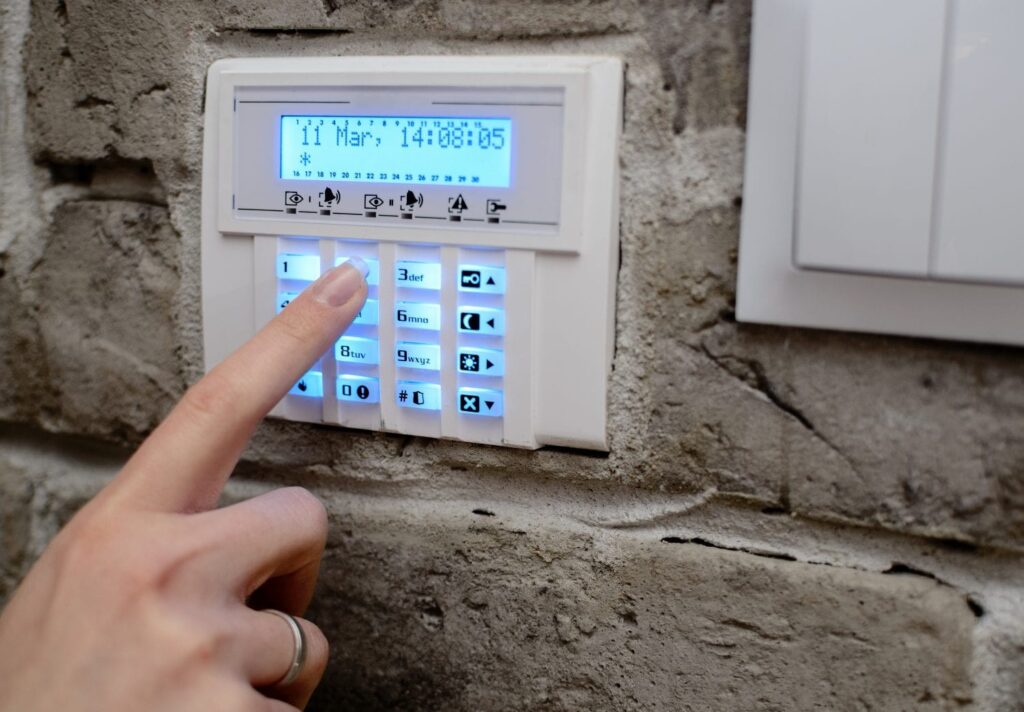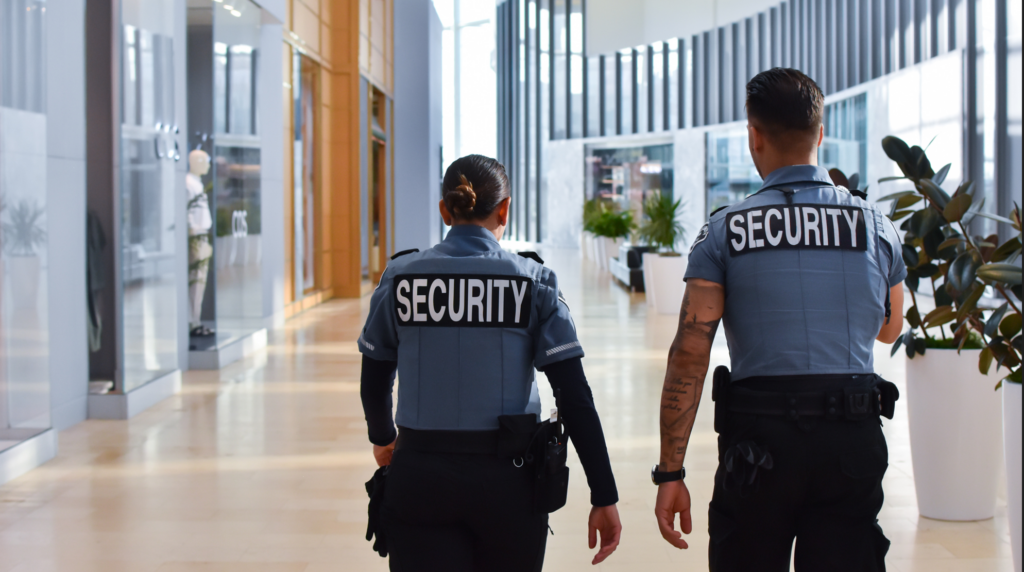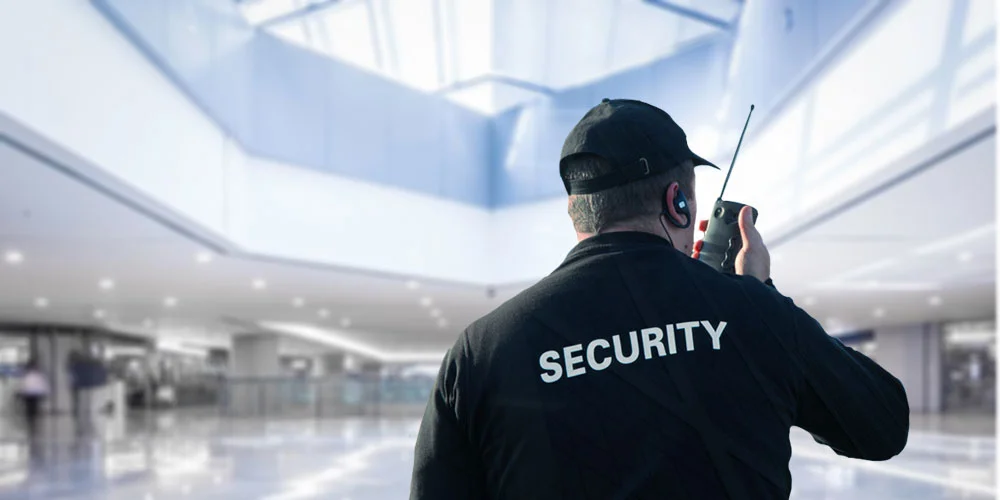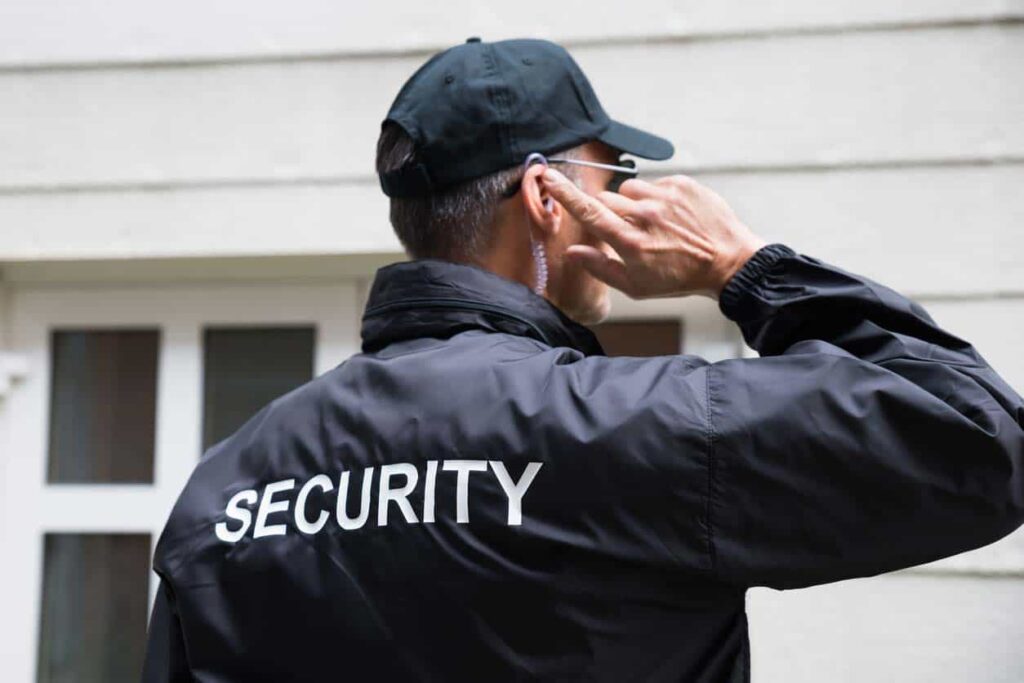In today’s competitive business environment, ensuring the safety and security of your assets, employees, and customers is vital. A well-chosen alarm system can make all the difference in safeguarding your business from break-ins, theft, and other threats. In this article, we will explore the various facets of alarm systems for businesses and offer guidance on selecting the right one to meet your specific needs.
Understanding the Importance of a Business Alarm System
Businesses, regardless of their size or industry, are at risk from a variety of security threats. Whether it’s shoplifting in retail spaces or vandalism in warehouses, the implications of insufficient security can be devastating. Understanding the importance of having a reliable alarm system helps to underscore why investing in one should be a priority.
Alarm system for business serve not only as a deterrent to potential intruders but also provide peace of mind for business owners and employees. Knowing that there’s a dependable system in place allows everyone to focus more on their work rather than worrying about safety concerns. Additionally, the presence of an alarm system can foster a sense of trust among employees, as they feel more secure in their workplace environment, which can lead to increased productivity and morale.
The Role of Alarm Systems in Business Security
The role of an alarm system can be broken down into several key functions. Primarily, alarm systems are designed to monitor the premises for unauthorized access. When a breach occurs, these systems alert the authorities and can even notify business owners via their smartphones.
Furthermore, alarm systems contribute to proactive security measures. Regularly updated systems can provide alerts for environmental hazards like fire or flooding, thus ensuring broader protection for your assets. This comprehensive protection helps mitigate risks and can lead to lower insurance premiums. In fact, many insurance companies offer discounts to businesses that have robust alarm systems in place, recognizing the reduced risk of loss or damage.
Key Features of an Effective Business Alarm System
When considering an alarm system, it’s crucial to look at specific features that enhance security and usability. An effective alarm system should include:
- 24/7 Monitoring: Continuous monitoring can ensure immediate response to any security threat.
- Mobile Alerts: Real-time notifications to your phone will keep you informed, no matter your location.
- Video Surveillance: Integration of cameras helps to capture incidents as they happen, providing valuable evidence.
- Access Control: Limiting entry points with keycards or biometric systems enhances security.
These features not only provide enhanced safety but also contribute to streamlined operations within the business environment. Moreover, advanced alarm systems can often be integrated with other smart technologies, such as automated lighting and HVAC systems, allowing for a more cohesive approach to building management. This integration can lead to energy savings and improved operational efficiency, making the alarm system not just a security measure, but a valuable component of the overall business strategy.
Assessing Your Business Security Needs
Before selecting an alarm system, it’s essential to assess your unique security needs. This will ensure you choose a system that provides adequate coverage and protection tailored to your business model and location.
Identifying Potential Risks and Threats
Begin by conducting a thorough risk assessment. Identify the natural and man-made threats specific to your business type and locale. For example, retail stores may face risks such as shoplifting, while warehouses might be more concerned about employee theft or inventory loss.
Engaging with local law enforcement can help you understand crime trends in your area, allowing you to prepare effectively. The better you understand your potential risks, the more informed your alarm system decision will be. Additionally, consider the time of day when your business is most vulnerable. For instance, if you operate in a high-traffic area during the day, your risks may differ significantly from those of a business that is closed at night, making it crucial to tailor your security measures accordingly.
Evaluating Your Business Size and Structure
Your business size plays a significant role in determining the type of alarm system you need. A small retail shop may require a basic system that covers entry points, while a large manufacturing facility will likely need a more complex setup with various monitoring zones.
Additionally, consider your business structure and operational hours. For businesses that operate late or at night, a robust alarm system becomes even more crucial. Tailoring your solution to these factors ensures you don’t overspend on unnecessary features but also don’t leave your business vulnerable. Furthermore, think about the layout of your premises; open floor plans may necessitate different security strategies compared to multi-level buildings. Incorporating motion detectors and surveillance cameras in strategic locations can enhance your security posture, providing peace of mind and a safer environment for both employees and customers.
Types of Alarm Systems for Businesses
There are a variety of alarm systems available in the market, each designed to meet different operational needs. Understanding the distinctions can help you make a more informed decision about the best fit for your business.
Wired vs. Wireless Alarm Systems
Wired alarm systems are known for their reliability and consistent power supply. They are less vulnerable to hacking but may require significant installation effort, including drilling and running wires throughout the premises.
In contrast, wireless systems are generally easier to install and more versatile, but they can be susceptible to radio interference. Understanding the layout of your business premises, including potential obstacles for signal transmission, can help you decide which route to take. Additionally, wireless systems often come with battery backup options, ensuring that your security remains intact even during power outages. This can be particularly important for businesses in areas prone to electrical disruptions or natural disasters.
Monitored vs. Unmonitored Alarm Systems
Monitored alarm systems provide real-time alerts to a monitoring center, which can respond quickly to alarms by contacting authorities. This option offers an additional layer of security, especially for businesses that may not have dedicated staff available after hours.
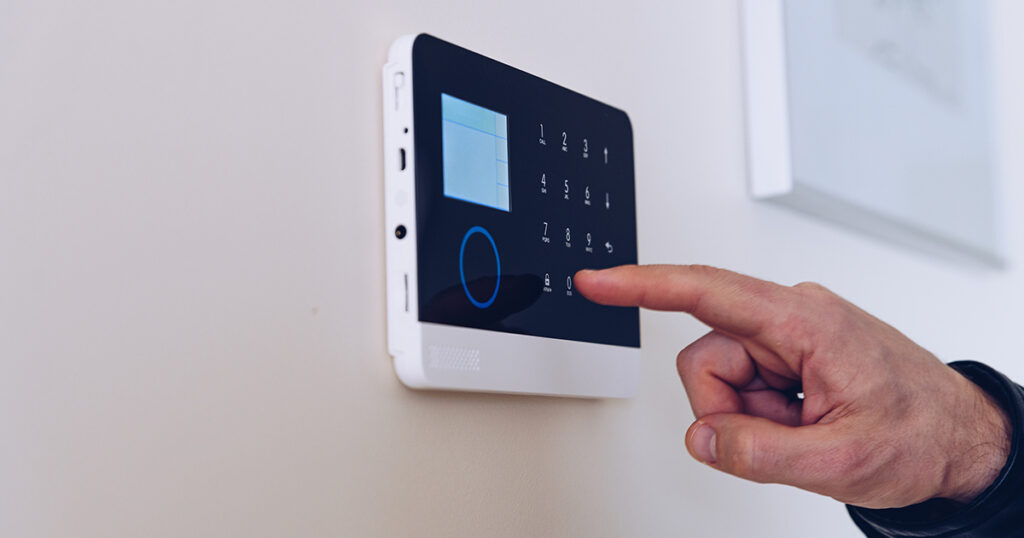
Unmonitored systems, while generally more cost-effective, rely on the business owner or staff to respond to alarms. For some small businesses, this could suffice, but larger operations may benefit more from professional monitoring services. Moreover, many monitored systems can integrate with smart technology, allowing for remote access and control via mobile devices. This feature not only enhances convenience but also enables business owners to keep an eye on their premises in real-time, providing peace of mind whether they are on-site or away. Furthermore, some monitoring services offer additional features such as video surveillance and environmental monitoring, which can alert you to issues like flooding or temperature changes that could affect your business operations.
Factors to Consider When Choosing an Alarm System
As you navigate through different options available for alarm systems, certain factors should guide your decision to ensure that you select the most suitable system for your business.
Cost and Budget Considerations
Cost is often a primary consideration when selecting an alarm system. It’s vital to balance the initial setup cost with the ongoing monitoring fees. While it might be tempting to opt for the cheapest option, it’s essential to consider the long-term value.
Investing in a higher-quality system with better features can lead to significant savings in the event of theft or damage, making it a prudent choice in the long run.
Ease of Use and Installation
Simplicity is key when it comes to alarm systems. A user-friendly system will ensure that all employees can operate it with ease, reducing the chances of human error. Systems that come with mobile apps for monitoring can add convenience, particularly for business owners who may not be on site regularly.
Additionally, consider the installation process. Some systems require professional installation, while others can be set up easily by the business owner. Understanding this will help you allocate resources more efficiently.
Integration with Other Security Systems
Lastly, consider the potential for integration with other security technologies. A good alarm system can often interface with CCTV surveillance, access control systems, and even smart building technology. This integration provides a more comprehensive approach to security.
Choosing an alarm system that works seamlessly with existing security measures can enhance efficiency and further protect your business from threats.
The Role of Professional Security Consultants
If you’re feeling overwhelmed by the choices and considerations, a professional security consultant can provide invaluable assistance. They have the expertise to analyze your specific needs and recommend tailored solutions that will enhance your business security.
When to Consider Hiring a Security Consultant
Consider hiring a security consultant if you’re uncertain about the level of risk your business faces or which system would offer the best protection. They can conduct comprehensive security assessments, taking into account all factors such as location, type of business, and unique operational needs.
Their expertise can also help in developing an overarching security plan that goes beyond just alarm systems, encompassing access control, emergency procedures, and staff training.
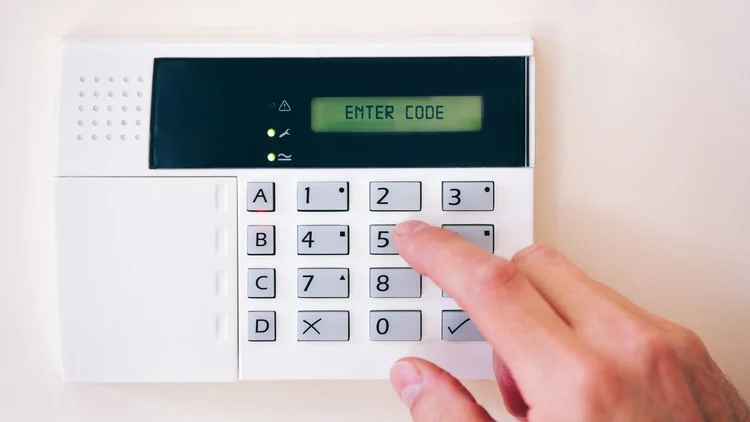
How a Security Consultant Can Help
A security consultant can guide you through every step, from planning and selection to installation and maintenance of the alarm system. They stay updated on the latest technology trends and threats, so they can recommend solutions that align with current best practices.
Moreover, consultants often have established relationships with security vendors, which can lead to better pricing and more reliable service. By leveraging their knowledge, you can streamline the selection process and ensure that your business is adequately protected.
In conclusion, selecting the right alarm system for your business is a crucial step towards safety and security. By understanding your needs, examining different options, and considering professional help when necessary, you can find a solution that not only meets but exceeds your expectations.
See Also: Why you need commercial security services for your business premises.
